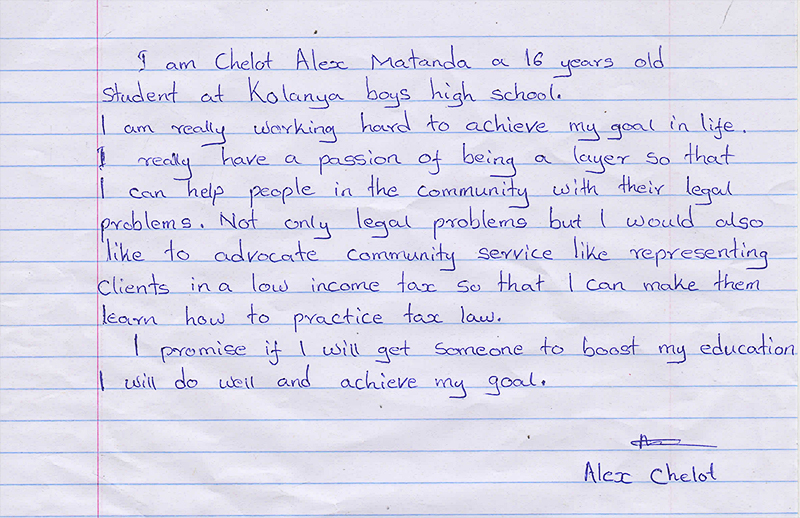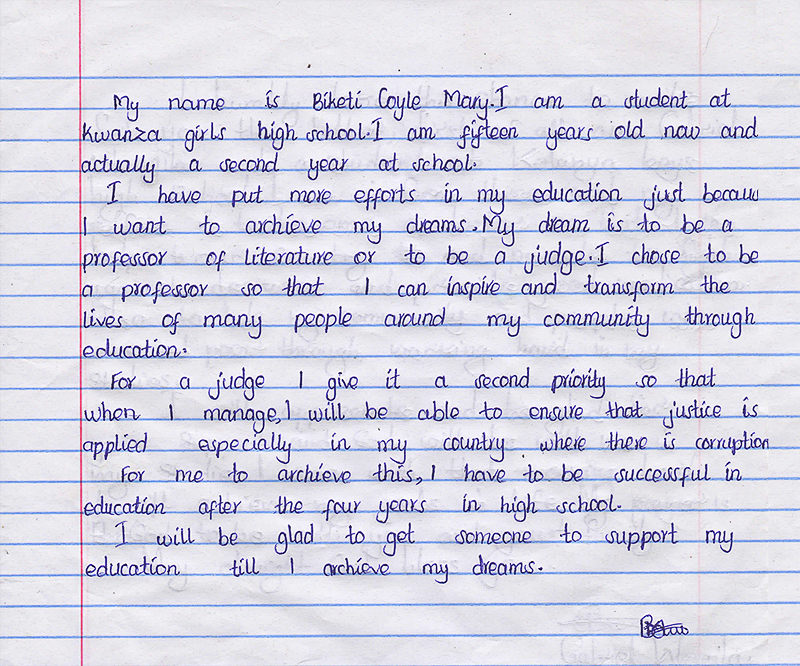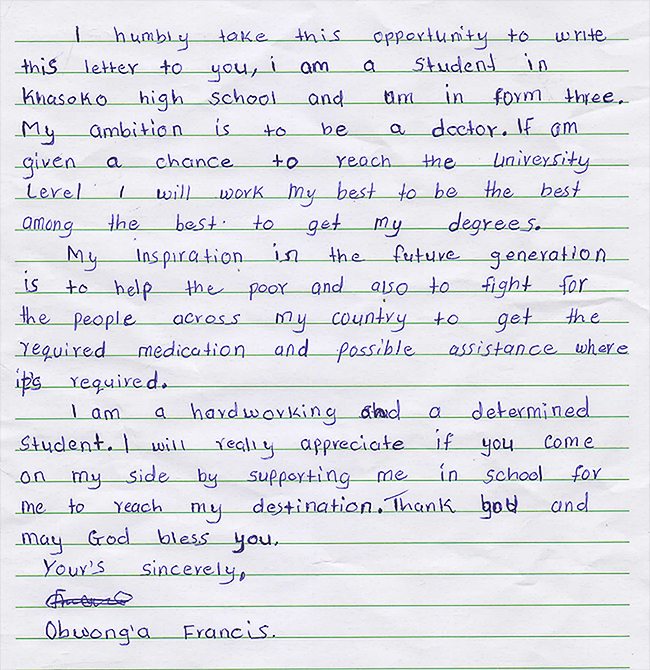save lives: clean your hands – fight antibiotic resistance – it’s in your hands
May 5, 2017 has been designated World Hand Hygiene Day. As part of a major global effort to improve hand hygiene in health care, the World Health Organization (WHO) introduced the SAVE LIVES: Clean Your Hands annual global campaign in 2009. According to WHO, “The campaign aims to galvanize action at the point of care to demonstrate that hand hygiene is the entrance door for reducing health care-associated infection and patient safety. It also aims to demonstrate the world’s commitment to this priority area of health care.”
Each year, hundreds of millions of patients around the world are affected by health care-associated infections (HAIs). Although HAI is the most frequent adverse event in health care, its true global burden remains unknown because of the difficulty in gathering reliable data. WHO states that, “Most health care-associated infections are preventable through good hand hygiene – cleaning hands at the right times and in the right way.”
WHO’s calls to action include:
- Healthcare Workers – clean your hands at the right time and stop the spread of antibiotic resistance
- Healthcare Leaders – lead an infection control and prevention program in your organization to protect patients from resistant infections
- Infection Preventionists – implement WHO’s Core Components for Infection Prevention (includes hand hygiene to combat antibiotic resistance in your organization
As a part of World Hand Hygiene Day, the Centers for Disease Control and Prevention’s Clean Hands Count Campaignaims to:
- Improving healthcare provider adherence to CDC hand hygiene recommendations
- Address myths and misperceptions about hand hygiene
- Empower patients to play a role in their care by asking or reminding healthcare providers to clean their hands
The CDC’s poster for Clean Hands Count for Healthcare Providers lists some interesting truths:
- Some healthcare providers miss certain areas when cleaning their hands – ensure you clean your fingertips, thumbs and between the fingers
- The amount of alcohol-based hand sanitizers you use matters – your hands should stay wet for at least 20 seconds if you used the right amount
- Gloves are not a substitute for cleaning your hands
- On average, healthcare providers perform hand hygiene less than half of the times they should!
The CDC offers educational courses and other tools to aid healthcare organizations in improving hand hygiene. The CDC offers a video addressing hand hygiene. This is an excellent video to share with your staff on World Hand Hygiene Day and any other day as a reminder that hand hygiene protects all of us.
Additional Tools
WHO Guidelines on Hand Hygiene in Health Care
WHO Multimodal Hand Hygiene Improvement Strategy, the Guide to Implementation
MCN Foundation, More Care Now, mission is to increase patient care and safety through web-based healthcare education, skills building and entrepreneurial endeavors in order to promote and maintain the health of families and communities. Our purpose is to educate individuals, providers and organizations in developing countries around the world through healthcare education and entrepreneurial investment in order to nurture and grow healthy families and communities.





